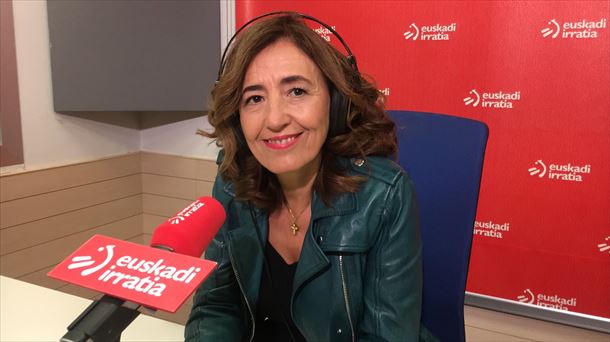General Audit Chamber Chairman Margit Kraker calls on the parties to exercise ‘modesty’ in the coming election year. Party support in Austria is ‘traditionally high’, says Kraker in a podcast by the Court of Audit (RH). This is especially true when you compare it to other European countries, such as Germany.
The fact that the financing is automatically valorized always leads to even more discussions. “But what is important – and this is especially important in an election year – is that all social groups and all areas must practice modesty,” Kraker said. “And that would also be good for the political parties in Austria.”
Domestic politics saw a significant increase last year
Despite record inflation, federal and state spending on party support rose sharply last year. In total, parties, parliamentary clubs and political academies received 237.4 million euros.
How are the funds distributed?
Which party receives how much depends on the election results in the relevant state or in the elections for the National Council. Successes at the ballot box also bring the parties more money from the state. The FPÖ was able to benefit from this last year, making strong gains in state elections in Lower Austria and Salzburg, and slightly in Carinthia.
As a rule, party funding increases with inflation, while club funding increases with civil servant salaries. However, the countries’ rules differ significantly in details. The amounts paid out rose sharply last year, especially in Vienna. The capital had largely frozen its funding in 2021 and 2022. In 2023, the sum of party, club and academy funding increased by eleven percent to 46.4 million euros.
The campaign cost limit could amount to 8.6 million euros
Since 2020, the cost limit for the election campaign has also been continuously adjusted to inflation. In 2022 it amounted to 7.4 million euros. Due to the current high inflation, there was a significant jump last year from 8.5 percent to more than eight million euros. Further valorization will take place before the elections for the National Council in the autumn. The campaign cost limit could amount to 8.6 million euros.
Source: Krone
I am Ida Scott, a journalist and content author with a passion for uncovering the truth. I have been writing professionally for Today Times Live since 2020 and specialize in political news. My career began when I was just 17; I had already developed a knack for research and an eye for detail which made me stand out from my peers.



